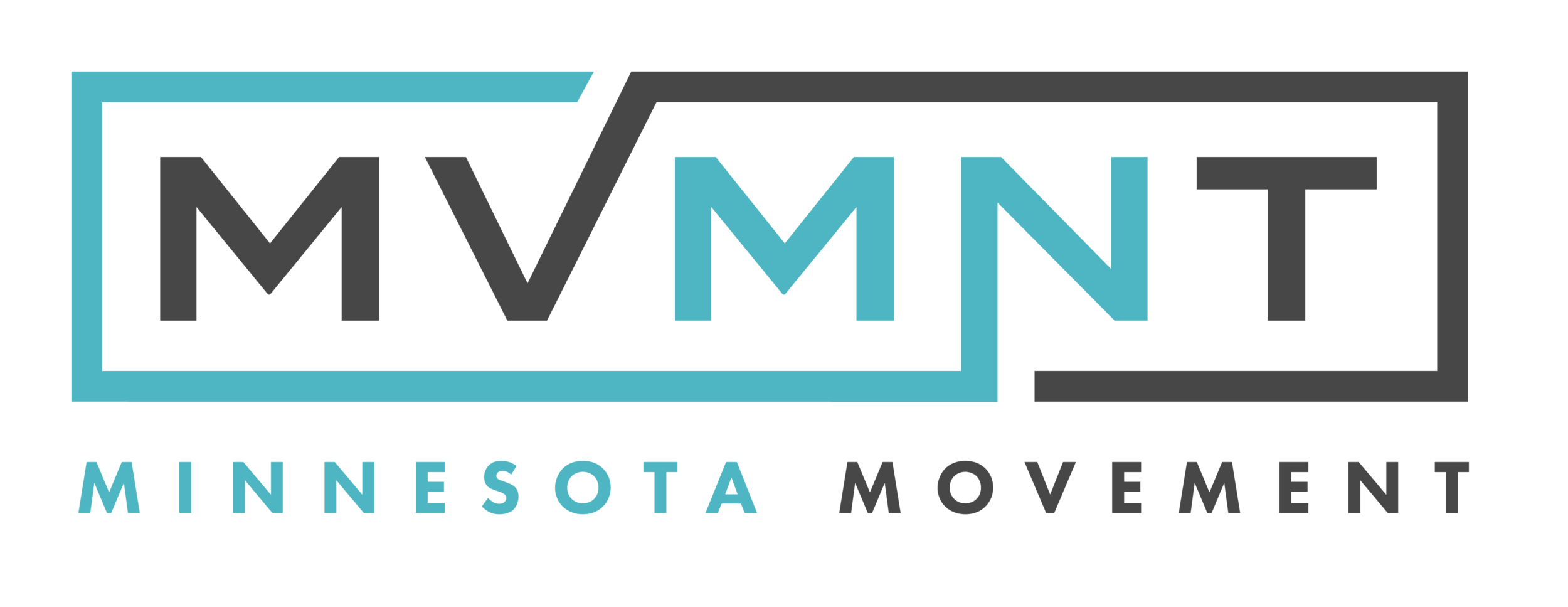What does a Chiropractor do?
Dentists work on your mouth and teeth.
Neurologists fix nerve problems.
Dermatologists help with skin issues.
Cardiologists spot and correct ailments of the heart and blood system.
Oncologists are on a mission to find the cure or at least alleviate issues related to those with cancer.
So what does a chiropractor do?
This is one of those questions that elicit a “do you want the long answer or the short answer?”
The Short Answer:
Chiropractors assess for spinal and extremity misalignment of bones and their surrounding tissues. After finding these alignment issues, a chiropractor utilizes hands-on manipulation to ‘adjust’ the bones into a proper arthrokinematic position. This allows you to experience less pain/discomfort as well as allows your nerves to flow freely in order to theoretically let your body heal itself without use of drugs or surgery.
Got it? Want the long answer? Okay! You asked for it.
In order to best explain the long answer I think we should break down the Short Answer sentence by sentence so we can expand on it. Because there are definitely some missing gaps in what Chiropractors can do!
“Chiropractors assess for spinal and extremity misalignment of bones and their surrounding tissues.”
This assessment can be anything from merely watching you walk back to the treatment room to spot any gait or pelvis issues to something bigger like taking you through an FMS/SFMA Screen where you go through a full list of key movements looking for faults in the patterns. These assessments are crucial to helping your chiropractor formulate the treatment program specific to YOU!
It’s also important to note the importance of “AND their surrounding tissues” portion of that sentence. Muscles are what move bones. So if we’re manipulating the bones (eventually) but not addressing the muscles.. we’re losing half the battle. Chiropractic can help GREATLY with tight and achy muscles too. This is done by using manual muscle therapy, Active Release Technique (ART), Kinesiology Taping, Cupping, and Instrument Assisted Soft Tissue Mobilization Techniques (IASTM).
“After finding these alignment issues, a chiropractor utilizes hands-on manipulation to ‘adjust’ the bones into a proper arthrokinematic position.”
This hands-on manipulation can be with a variety of techniques but is most commonly delivered by a Diversified Technique. This is the part of the treatment where you feel the little ‘click’ or ‘pop’ of the bones moving slightly. In the short answer, we mention the “proper arthrokinematic position" - every bone and joint has an optimal position that it should be in to provide you with painless, full movement. If that bone is sitting too far out of that proper position it causes you pain and ache when you’re going about your day.
“This allows you to experience less pain/discomfort as well as allows your nerves to flow freely in order to theoretically let your body heal itself without use of drugs or surgery.”
Just as the last sentence in the paragraph above says! What I think this part of the Short Answer is missing though is the exercise and at-home part of a Chiropractic Program. A lot of chiropractors, as well as us here at Minnesota Movement, give our patients at home mobility, stability, or motor control exercises. We expect our patients to do these exercises in-between their visits so that all the muscle work and adjustments that we do in office can remain in good-standing while the patient is out of the office too!
In essence, a chiropractor does a little bit of everything! Assessment of issues, implementing a treatment program that consists of adjustments, soft tissue work, and at home exercises that lead to you being healthy, happy, and moving pain free!
